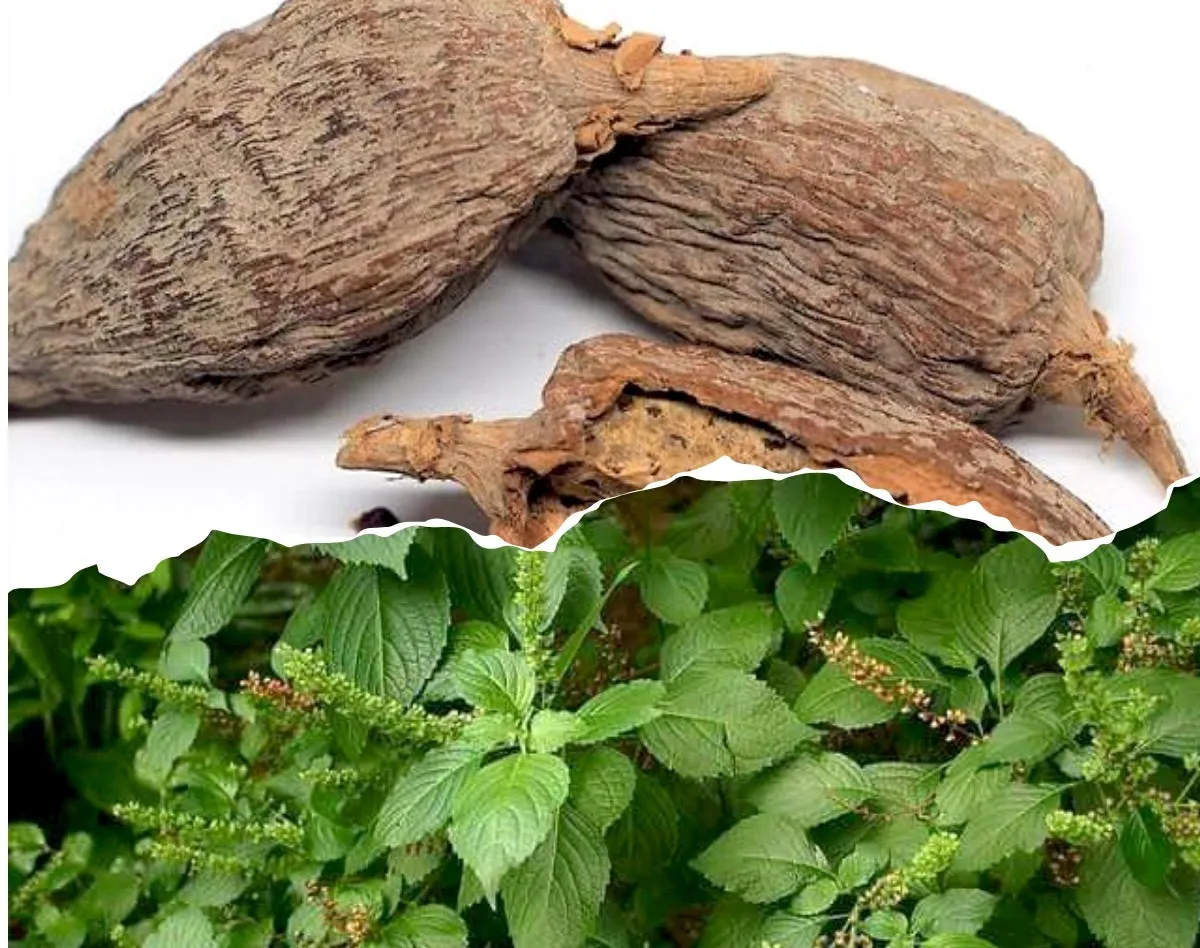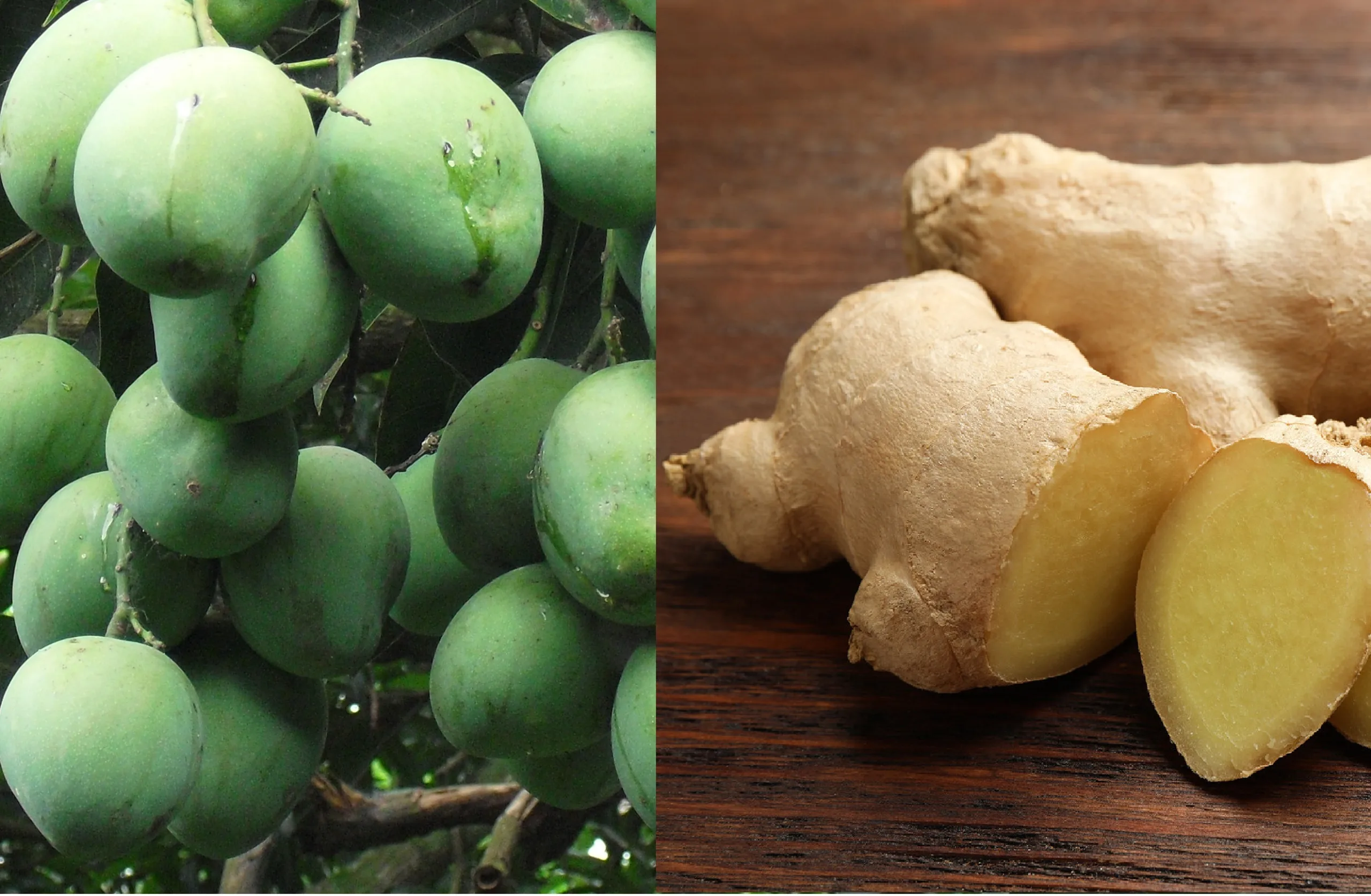Defeat Stroke: Harness the Healing Power of Herbal Medicine

Herbal treatments have gained attention as complementary approaches to managing various health conditions, including strokes. While conventional medicine plays a crucial role in stroke treatment, many individuals seek natural remedies to support recovery and overall wellness. This blog post explores an herbal remedy involving alligator pepper and hot drinks, alongside other beneficial practices for stroke prevention and recovery.
Understanding Stroke and Its Implications
A stroke occurs when blood flow to the brain is interrupted, leading to potential brain damage and loss of function. There are two main types of strokes: ischemic, caused by blockages in blood vessels, and hemorrhagic, resulting from bleeding in the brain. The consequences of a stroke can be devastating, affecting mobility, speech, and overall quality of life. While medical interventions are essential, incorporating herbal treatments may provide additional support for recovery.
The Herbal Remedy: Alligator Pepper
Alligator pepper, known as Atare in Yoruba, is a spice with a rich history in traditional medicine. To prepare this remedy, follow these simple steps:
- Ingredients: Gather alligator pepper seeds and any hot drink (dry gin is commonly suggested).
- Preparation: Place a few pieces of alligator pepper seeds into a bottle of your chosen hot drink. Allow the mixture to soak for 3-4 days.
- Dosage: After soaking, take a small shot glass of the mixture twice daily for eight days.
This herbal remedy is believed to help prevent strokes and may address underlying issues contributing to stroke risk. Some proponents claim it can even combat spiritual causes of illness.
The Role of Scent Leaf
In addition to alligator pepper, incorporating scent leaf into your routine can be beneficial. This herb is known for its medicinal properties and is often used in traditional remedies. Aim to consume the juice from squeezed scent leaves at least three times a week. This practice is thought to help clear blood clots from veins and arteries, further supporting cardiovascular health.
Complementary Natural Remedies
While alligator pepper and scent leaf are valuable additions to a wellness regimen, other herbal treatments can also support stroke recovery:
- Turmeric: Known for its anti-inflammatory properties, turmeric may help improve blood circulation and reduce the risk of further strokes.
- Garlic: This common kitchen ingredient has been shown to have neuroprotective effects and may aid in recovery after ischemic strokes.
- Ginkgo Biloba: This ancient herbal extract may improve cognitive function in stroke survivors when used alongside conventional treatments.
- Gotu Kola: Often used in traditional medicine, gotu kola may support cognitive function and overall brain health.
Lifestyle Considerations
In addition to herbal remedies, adopting a heart-healthy lifestyle is crucial for stroke prevention and recovery. Consider these strategies:
- Diet: Focus on a diet rich in fruits, vegetables, whole grains, lean proteins, and healthy fats while avoiding processed foods high in sugar and salt.
- Exercise: Regular physical activity can help manage weight, lower blood pressure, and improve overall cardiovascular health.
- Stress Management: Techniques such as meditation or yoga can help reduce stress levels, which are linked to higher stroke risks.
Conclusion
While herbal remedies like alligator pepper offer promising support for stroke prevention and recovery, they should not replace conventional medical treatments. Always consult with healthcare professionals before starting any new treatment regimen. By combining traditional knowledge with modern medicine, individuals can enhance their chances of recovery and lead healthier lives. Remember that your health is a priority—embracing both natural remedies and lifestyle changes can make a significant difference in your overall well-being.


